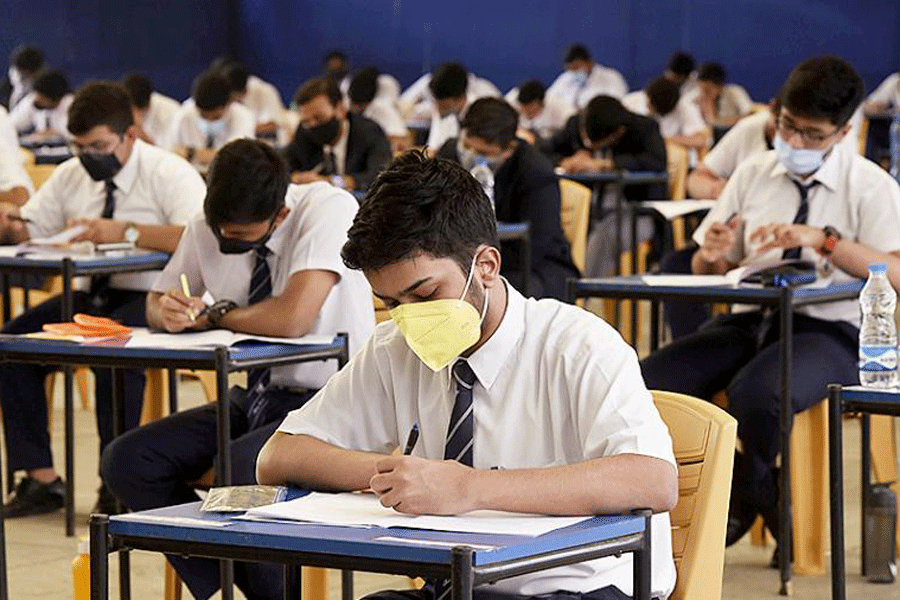Freeing students from the fear of examinations is a worthy goal. The prime minister is emphatic about this, regularly offering students tips to overcome the fear. It is no wonder, therefore, that one of the major changes introduced by the National Curriculum Framework, 2023 should be aimed at reducing examination stress. Board examinations in classes X and XII shall be held twice a year, so that a student is not assessed on the basis of a single day’s underperformance. The best score from two tests will be taken. This sounds progressive and fair, but certain questions are unavoidable. For school administrations, this will mean four board examinations every year; the increased paperwork and physical arrangements for seating may have to be accompanied by leave twice over or more for all or some of the other classes during the examinations. Teaching time, internal preparation, syllabus revision and preparatory leave which comprise the build-up to the boards, will have to be radically adjusted to accommodate two examinations. The NCF may be aiming at a stress-free approach. That is a good thing no doubt, but it would need accompanying changes in terms of school infrastructures as well as more secure promises for the future.
The professed hope that the new system would reduce the need for private coaching seems rather unrealistic in this context: needs might double because competition would increase. The other notable change — the dissolution of streams to create multidisciplinary courses — would be based on the students’ choices from groups of subjects including languages, art, physical and vocational education, social science, mathematics and science. The result of this, together with the addition of one more language in the syllabi for Classes X and XII in turn, would increase the number of subjects for the board examinations in the two classes. (Literature will not be taught apparently, only more languages.) Even if coaching were not an issue, it has to be asked how the increase would help if school education is to grow in excellence and depth. How many schools will be able to offer the prescribed range of subjects, get the right teachers and arrange classes for each set of choices? What role will the government play in the altered economics underlying the NCF’s instructions? At the end of the day, will children learn more, and better?











